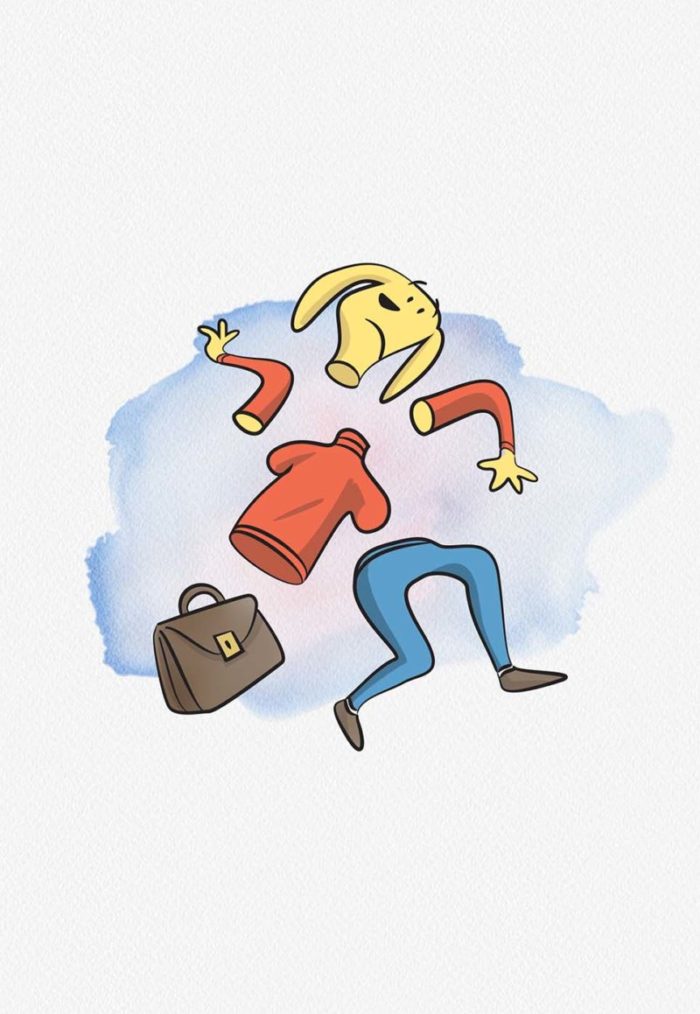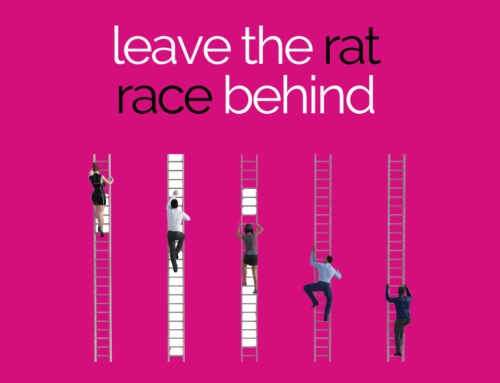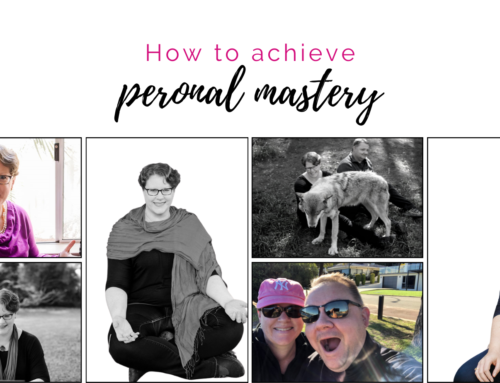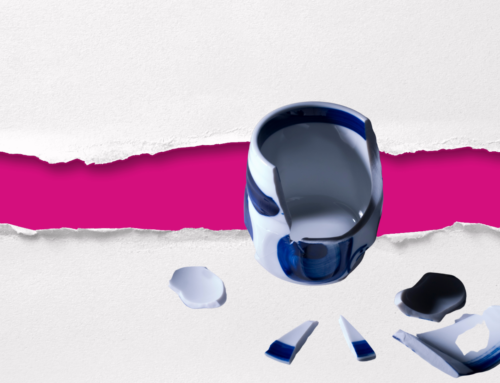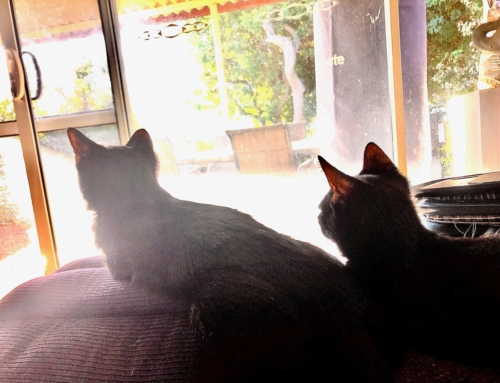I’m often asked by people what it was like to suffer a complete breakdown.
This is not an easy question to answer. It was such an intense experience that there are still some parts of it that I don’t completely remember. The best way I know to describe what it was like for me to experience a breakdown is this:
Imagine that in five minutes time you are going to receive a shock to your system that is so significant that it will shatter everything you’ve ever known. In that instant, you will lose your ability to think. You will look at the things around you and be completely unable to make sense of what you are seeing. You will know that something isn’t right … but you will have no means of working out what it is, nor where to turn to fix it.
Your mind will be numb. You will have people around you asking you questions, but you won’t be able to understand what they are asking, let alone how to comprehend a way of answering those questions. You will suddenly be unable to stop crying … and you won’t know why.
Now overlay on all of this the fact that you cannot explain any of this to anyone … because you don’t understand any of it yourself.
In essence, you move from being a fully-functioning adult to being lost, lonely, terrified and completely dependent on those who are closest to you … within the space of minutes.
You’re lost … because you cannot cognitively function as you once did so easily.
Everything around you is foreign and you have no way of connecting to how – or why – it is in your life. Perhaps the worst aspect of this is that you look in the mirror and you don’t know who is looking back out at you.
You’ve lost all sense of who you are – the things that used to go together to make you a human being are gone, and it feels like they will never be found again.
You’re lonely … because you cannot understand what is happening to you, and that means you cannot explain to anyone else what is happening to you.
All sense of belonging has completely disappeared. You feel completely disconnected from the community around you. And because you can’t explain what is happening to you – and there is no physical wound for people to see – it is hard for the people around you to understand what you are experiencing.
So, to rationalise your status in their own minds, they decide for themselves what is wrong with you, and what will fix you. Then, when you don’t comply with these decisions, they get frustrated with you.
You’re already extremely vulnerable, and then someone says something to you that they think will help to ‘lift you out of your funk’ and it wounds you like a knife, making you fall backwards into the abyss you’re trying to climb out of. This makes you feel like those miniscule forward steps you’ve taken have been lost.
You’re terrified … because everything you knew to be true about yourself and your life are suddenly gone and you have no direction.
You don’t know where to turn, where your answers are, or how to ‘fix’ your situation … because you don’t know what is wrong with you, and therefore you don’t know what questions to ask.
You’re also utterly terrified because you’re suddenly dependent on someone else for your survival – something that is completely foreign to you and not something you’ve ever needed to deal with before. Previously, as a functioning adult, you could take care of everything you needed, but now even the basic things are difficult and everything else seems almost impossible.
What is it like recovering from a breakdown?
In its simplicity, when you are at the bottom of the abyss and things are at their worst, you are faced with a choice: you must choose to either live or to die. You will have to make this decision at a time when the choice isn’t clear, and when you are at your most vulnerable and have the least energy you’ve ever had in your life.
Having made the choice to live, I then had to face the challenges that recovery would bring. I can put my hand on my heart and say that recovering from a breakdown was the hardest thing I have ever had to do.
It took me two years of exhausting, invasive and confronting work to get myself back to a point where I could function at a basic level on a day-to-day basis. It took a further year of this work for me to be able to step forward and take my place in the world again.
Sitting in front of complete strangers was daunting. Being asked questions that forced me to look at the deep, dark, hidden places within myself and learn to not only recognise but to love every single piece of myself again was even more daunting.
Overlaying this with trying to find my way in the world again and it was without doubt the single most challenging thing I’ve ever done.
What have I learned from experiencing a breakdown?
Before my breakdown, I was under constant and unrelenting stress, and I was completely exhausted. I had completely bought into the belief that we must be stressed and exhausted for us to be successful. I had pushed myself to extreme limits to be a high achiever – to present a perfect facade. I had existed on two hours of restless sleep a night … for the previous twelve years. I was constantly draining energy from a completely dry tank – which meant that I was effectively cannibalising myself for existence.
Through the process of recovery I learned exactly who I am. I re-connected with myself and I now know – and understand – my gifts and strengths … and I can openly acknowledge them.
I’m not afraid to be who I am anymore. I’m not afraid of my greatness and what that brings to the world. I’m now comfortable in my own skin. I am re-charged, re-connected and re-energised.
Perhaps, most significantly, I learned that all of these things were available to me before I drove myself to breaking point – I had simply chosen to be blind to the pathway to finding them with ease and grace.
I learned that we spend a lot of time playing the ‘judgement game’. This is where we critically assess those around us to determine whether – in our opinion – they are successful or not, right or wrong, appropriate or inappropriate – you get the idea.
What I now know is that this game is simply a distraction. It distracts us from looking within ourselves to determine whether we’re on our own path. It distracts us from seeking answers that we think we might not want to hear.
Perhaps it took me learning these lessons so that I can share my experience with others, and they can take small, easy steps now to move their lives in a different direction. Perhaps my road can provide a map for others, where they can make change without first experiencing the extreme pain that I endured.
It seems to me that our society teaches us to hold a fascination with the suffering of someone else. I’m not saying that the fascination comes from a macabre viewpoint – not at all. Rather, I believe it comes from us trying to work out whether that suffering is a legitimate option for us to take so we can escape the way we currently live.
My advice, having experienced the trauma of a breakdown and the long and exhaustive road to recovery afterwards, is that if you wake up every morning exhausted, having not slept well after being subjected to constant and unrelenting stress from every corner of your life, then it’s time to take a few simple steps that will help you think and live a little bit differently.
The easiest way to do this is to find the people who will teach you how to re-connect with yourself – the ones who will teach you how to learn from yourself. Let go of the grip you have on your distractions, and allow yourself to unfold from that small ball you’ve allowed yourself to be rolled into.
You can, of course, choose to keep going the way you are and hope that your breakdown, when it comes (and it will eventually come), will be kinder to you than mine was to me. However, I know that it is a much simpler option to take some small, easy and completely manageable steps now that can move your life to a different path in a kind and gentle way.
There is a very different way to live … and it is no harder than learning to ask yourself some simple questions. Will you stay the way you are? Or will you take a tiny step forward and put a toe in the water of a very different way of life?
Want more info on easy ways to step forward and create a kinder life? There are loads of tips and tricks on living and thinking differently in my book ‘Keep It Super Simple’ – you can buy a copy from www.sheiqlife.com/shop.
Want to chat? Email me on info@sheiqlife.com or call me on +61 438 624 868 and we’ll set up a time!
Bronwen Sciortino is a Simplicity Expert, Professional Speaker and the author of ‘Keep It Super Simple – Tips from a Recovering Perfectionist’. Join the conversation by subscribing to the tribe at www.sheiqlife.com; Facebook, Instagram, or LinkedIn.

